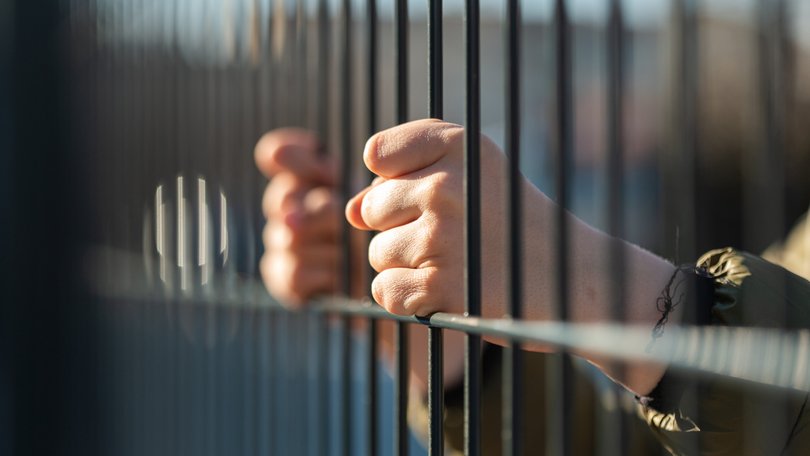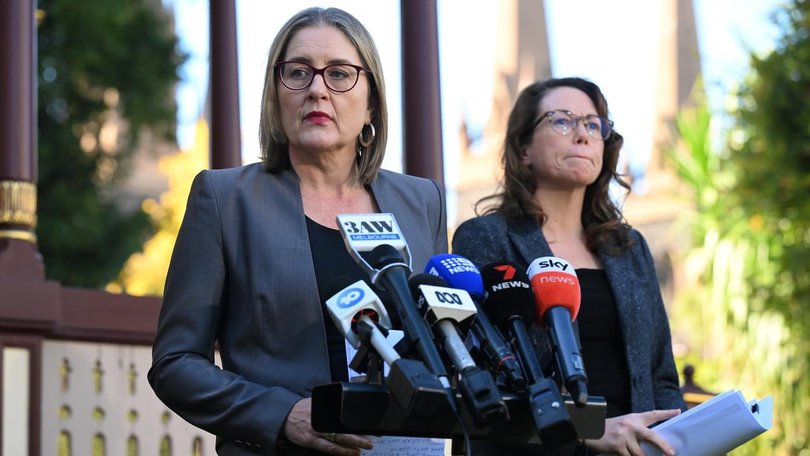Victoria moves to raise the age of criminal responsibility to 12-years-old in sweeping youth justice reforms

Victoria will become the first Australian state to raise the age of criminal responsibility to 12-years-old as long-awaited legislation arrives.
Premier Jacinta Allan, Attorney General Jaclyn Symes, Youth Justice Minister Enver Erdogan and Police Minister Anthony Carbines announced the youth justice bill would be introduced to state parliament on Tuesday.
The standalone bill lifts the age of criminal responsibility from 10 to 12 with no exceptions.
Sign up to The Nightly's newsletters.
Get the first look at the digital newspaper, curated daily stories and breaking headlines delivered to your inbox.
By continuing you agree to our Terms and Privacy Policy.“Ten and 11-year-olds don’t belong in the criminal justice system … they belong in schools,” Ms Allan told reporters.
Under the bill, 10 and 11-year-olds would no longer be able to be arrested, charged or detained by police, but officers will be given the power to ensure children who are at risk to themselves “can be transported somewhere safe to someone who can take care of them”.

Ms Symes said while police cannot arrest a 10 or 11-year-old, they will have the ability to use “limited force” — such as by taking them by the arm or to “support the child into a vehicle in order to protect them (and) protect the community” — to bring them to appropriate support services and safety.
“There will not be the right of arrest because there will not be the ability to charge a child with a crime who is 10 and 11. They’ll be able to interact with that young person, ask their name, ‘where’s your mum? Where’s your dad?’,” Ms Symes said.
She also said the bill will close a “loophole” that allows adults to get children to commit crimes on their behalf.
“The offence of recruitment of young people or enticing people to commit crimes currently exists, but you have to be 21 to be charged with that; we’re reducing that to 18,” Ms Symes said.
“But I do make the point that if you are under 18, and you are encouraging younger people to engage in criminal activity, there are other relevant offences such as incitement (and) conspiracy.”
The bill will also create a legislated scheme for warnings, cautions and diversions, codify the existing legal presumption of doli incapax and enable a two-year trial of electronic monitoring of youth offenders on bail.
Children as young as 10 can be charged, convicted and imprisoned in every Australian state and territory except the Northern Territory, which raised the age of criminal responsibility to 12 in August.
The ACT passed legislation to raise the age to 14 by 2025 with some exceptions.
In 2023, the Victorian government committed to lifting the minimum age of criminal responsibility from 10 to 12 years, before raising it again to 14 by 2027 with some exceptions.
Ms Symes said the government would seek for the change to take effect in 2025 despite previously flagging a start date of late-2024
